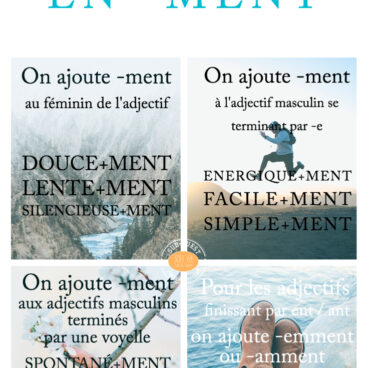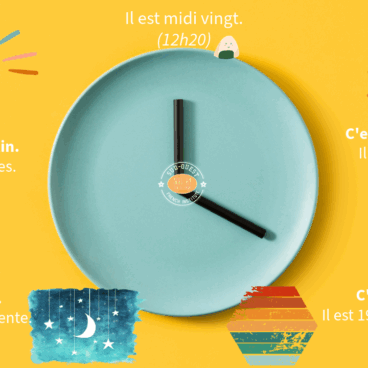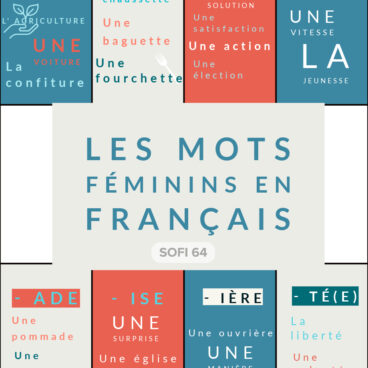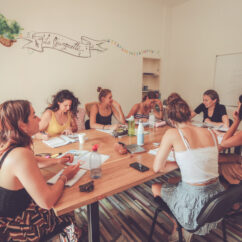Our News

Frequently Asked Questions
All your questions answered in the following list. If we forgot one, do not hesitate to contact us...
Read more
Toward an Eco-Friendly School
Our Sustainable Journey At SOFI 64, we make ecological management a priority in our daily practices. This choice...
Read more
Books in French for all levels
Reading in French There are various publishers offering books to read (novels, fiction, short stories, etc.) for all...
Read more
Masculine Nouns in French
Masculin, ne vous trompez plus! After a first poster forfeminine nouns in French language, here is a second...
Read more
Dire “Merci” en Français
HOW TO SAY THANK YOU IN FRENCH A quick guide to say thank you in French!
Read more











